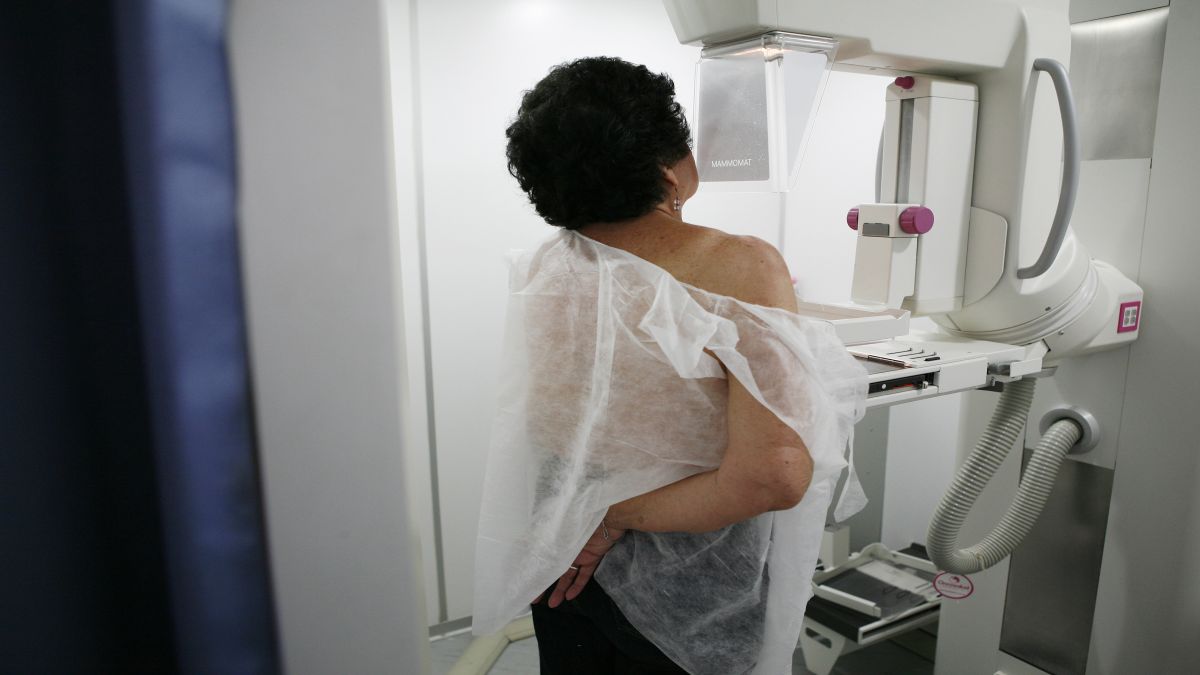Breast cancer cases are increasing among younger women in the US. As guidelines around screening for the disease evolve, the US preventive services task force has made a significant shift, now recommending that regular mammograms commence at age 40.
Previously, the task force stated that women could begin breast cancer screening as early as age 40, with a stronger recommendation that they do so every two years between the ages of 50 and 74. This change, outlined in the Journal of the American Medical Association, emphasises screening every other year for women aged 40 to 74.
However, it raises questions about screening frequency, particularly in comparison to recommendations from other medical groups. With breast cancer still a major concern, we discuss the updated guidelines and their implications.
What’s changed? Why is it important?
The announcement Tuesday from the US preventive services task force makes official a draft recommendation announced last year. The recommendations were published in the Journal of the American Medical Association.
“It’s a win that they are now recognising the benefits of screening women in their 40s,” said Dr Therese Bevers of MD Anderson Cancer Centre in Houston. She was not involved in the guidance.
Other medical groups, including the American College of Radiology and the American Cancer Society, suggest mammograms every year — instead of every other year — starting at age 40 or 45, which may cause confusion, Bevers said, but “now the starting age will align with what many other organisations are saying.”
Impact Shorts
More ShortsBreast cancer death rates have fallen as treatment continues to improve. But breast cancer is still the second-most common cause of cancer death for US women. About 240,000 cases are diagnosed annually and nearly 43,000 women die from breast cancer.
The nudge toward earlier screening is meant to address two vexing issues: the increasing incidence of breast cancer among women in their 40s — it’s risen two per cent annually since 2015 — and the higher breast cancer death rate among Black women compared to White women, said task force vice chair Dr John Wong of Tufts Medical Centre in Boston.
“Sadly, we know all too well that Black women are 40 per cent more likely to die from breast cancer than white women,” Wong said. Modelling studies predict that earlier screening may help all women, and have “even more benefit for women who are Black,” he said.
When is the right time to get the first mammogram?
Age 40 is when mammograms should start for women, transgender men and nonbinary people at average risk. They should have the X-ray exam every other year, according to the new guidance. Other groups recommend annual mammograms, starting at 40 or 45.
The advice does not apply to women who’ve had breast cancer or those at very high risk of breast cancer because of genetic markers. It also does not apply to women who had high-dose radiation therapy to the chest when they were young, or to women who’ve had a lesion on previous biopsies.
What about women who are 75 and older?
It’s not clear whether older women should continue getting regular mammograms. Studies rarely include women 75 and older, so the task force is calling for more research.
Bevers suggests that older women talk with their doctors about the benefits of screening, as well as harms like false alarms and unnecessary biopsies.
What if you have dense breasts?
Mammograms don’t work as well for women with dense breasts, but they should still get the exams.
The task force would like to see more evidence about additional tests such as ultrasounds or MRIs for women with dense breasts. It’s not yet clear whether those types of tests would help detect cancer at an earlier, more treatable stage, Wong said.
Does this affect insurance coverage?
The US Congress already passed legislation requiring insurers to pay for mammograms for women 40 and older without copays or deductibles. In addition, the Affordable Care Act requires insurers to cover task force recommendations with an “A” or “B” letter grade. The mammography recommendation has a “B” grade, meaning it has moderate net benefit.
With inputs from AP


)

)
)
)
)
)
)
)
)



